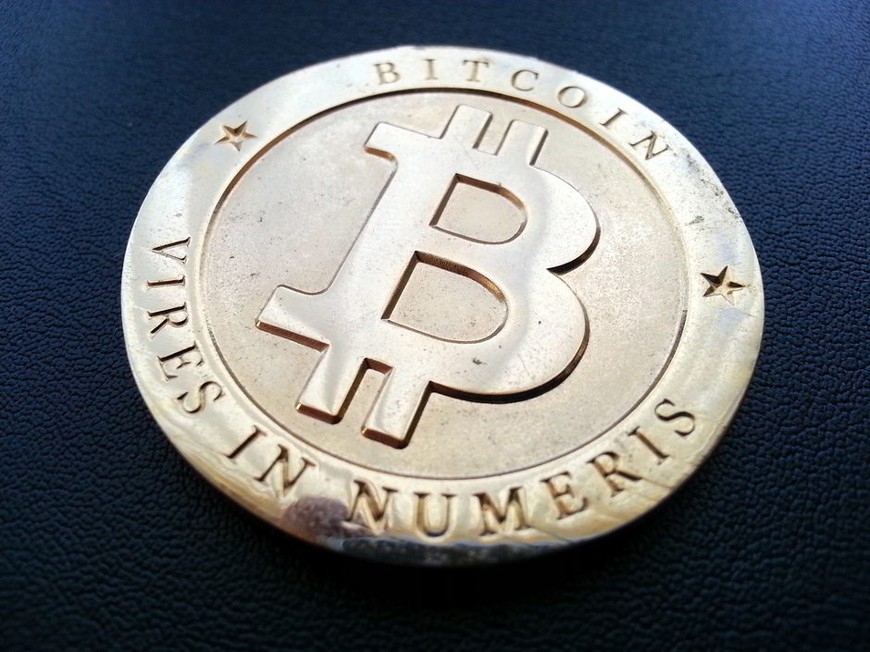

Cryptocurrencies are digital currencies that unlike traditional currencies are not issued by any government agencies. Bitcoin, the most widely-known cryptocurrency, has seen its popularity grow in recent years along with its value.
While there are several features of cryptocurrencies that are appealing to those that engage in real money online gaming, perhaps the two most attractive aspects are privacy and low cost.
It is important to distinguish between privacy and anonymity. Many cryptocurrencies such as Bitcoin provide a certain level of privacy that is greater than using traditional forms of online payments such as credit cards, bank transfers and ewallets, but because Bitcoin transactions are public and highly transparent, the level of privacy achieved is dependent on the practices of the users involved.
Low transaction costs are another appealing facet of cryptocurrencies; though, the recent surge in popularity of cryptocurrencies and the associated demand for processing has brought along with it a rise in the cost of transaction fees. Still, the transaction fees for many cryptocurrencies are much less than traditional online payment methods.
Because of their low transaction costs and increased privacy, one would think that cryptocurrencies would be the financial transaction method of choice when it comes to people looking to play poker online, but adoption by the industry has been slower that many had expected.
Currently, the top online poker rooms in the world do not accept cryptocurrencies. Use of the alternative payment and withdrawal vehicles is mostly limited to grey and black-market operators that offer their games to people in jurisdictions where online poker is restricted in some form by local government.
In these cases, cryptocurrencies are a preferred way for these grey and black-market online poker providers to circumvent restrictions implemented by financial institutions to uphold the laws of the jurisdictions in which they operate.
However, cryptocurrencies are beginning to gain favor with gaming regulators. The UK Gambling Commission is thought to be one of the first major gaming regulators to allow the use of digital currencies, but still, online poker operators regulated by the UKGC have chosen not to implement the use of cryptocurrencies.
Perhaps the most glaring reason online poker companies have shied away from virtual currencies is because of anti-money laundering (AML) requirements. One of the most common and stringent requirements by most gaming regulators around the world is the need for online gaming providers to prevent their services from being used to illegally launder money.
The increased level of privacy that comes along with cryptocurrencies makes common AML requirements such as Know Your Customer (KYC) difficult to adhere to in most instances making the risks associated with accepting cryptocurrencies much greater than any benefit they can provide online poker operators.
With cryptocurrencies continuing to grow in popularity and gaining wider acceptance, one might think that their use for online poker is just a matter of time, but advances towards complete anonymity make their adoption by top regulated online poker companies much less likely. AML concerns are also on the rise and negate the increased availability and demand for cryptocurrencies in the online poker industry.

